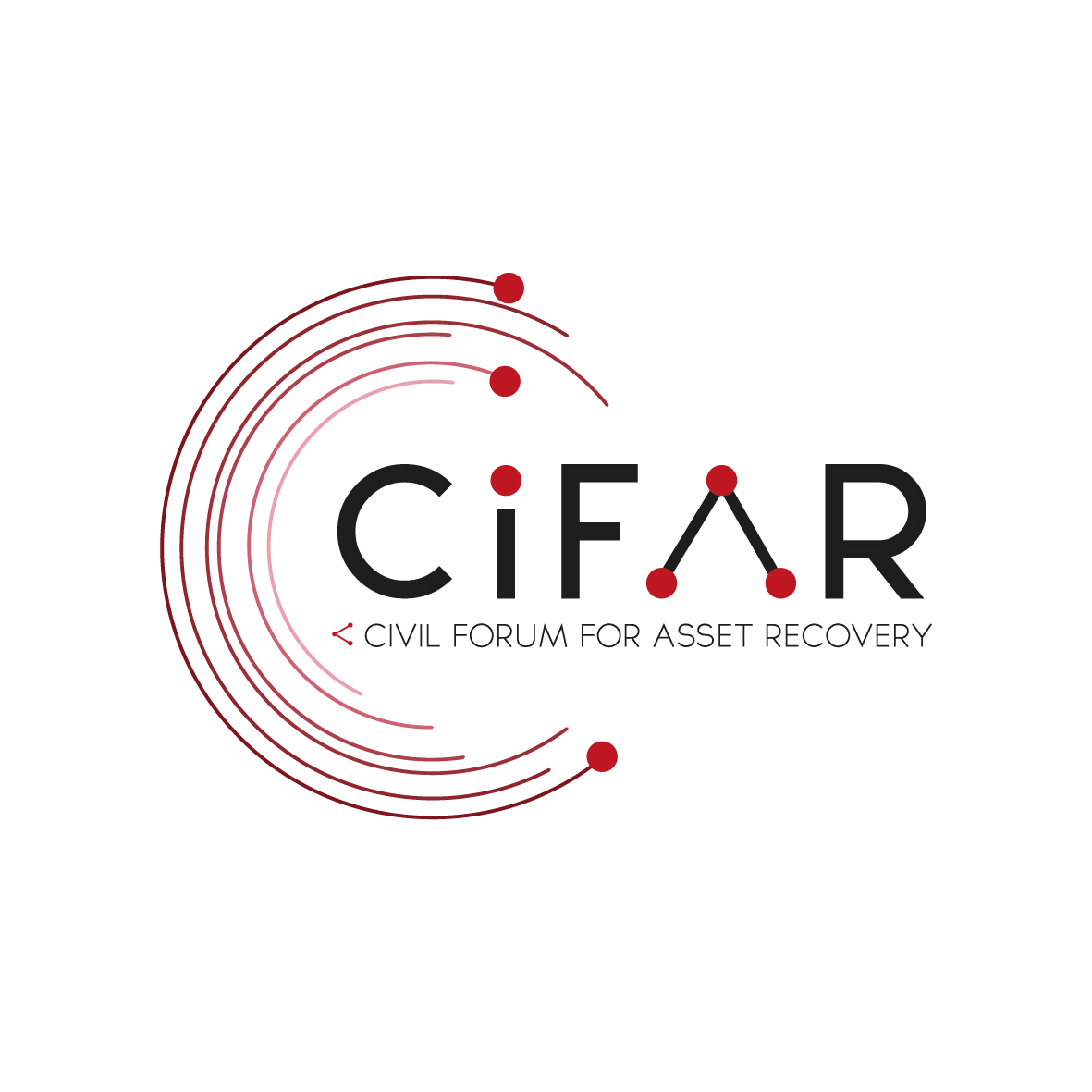Informal construction endangering the status of Lake Ohrid
Informal construction is endangering the status of Lake Ohrid causing irreparable environmental damage.Arlis Alikaj, Ivana Nateska This is a summary of a cross-border article published by trainees of our Investigate programme, supported by GIZ. For several years, the non-governmental organizations that take care of the preservation of the Ohrid region have been sounding the alarm Read more about Informal construction endangering the status of Lake Ohrid[…]






